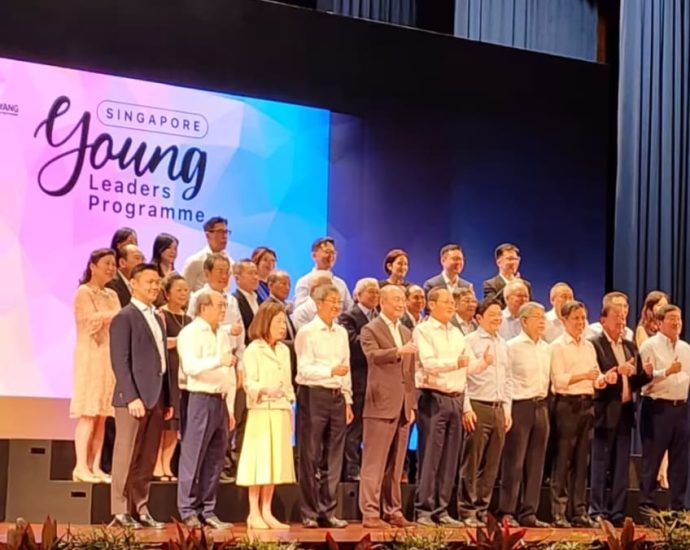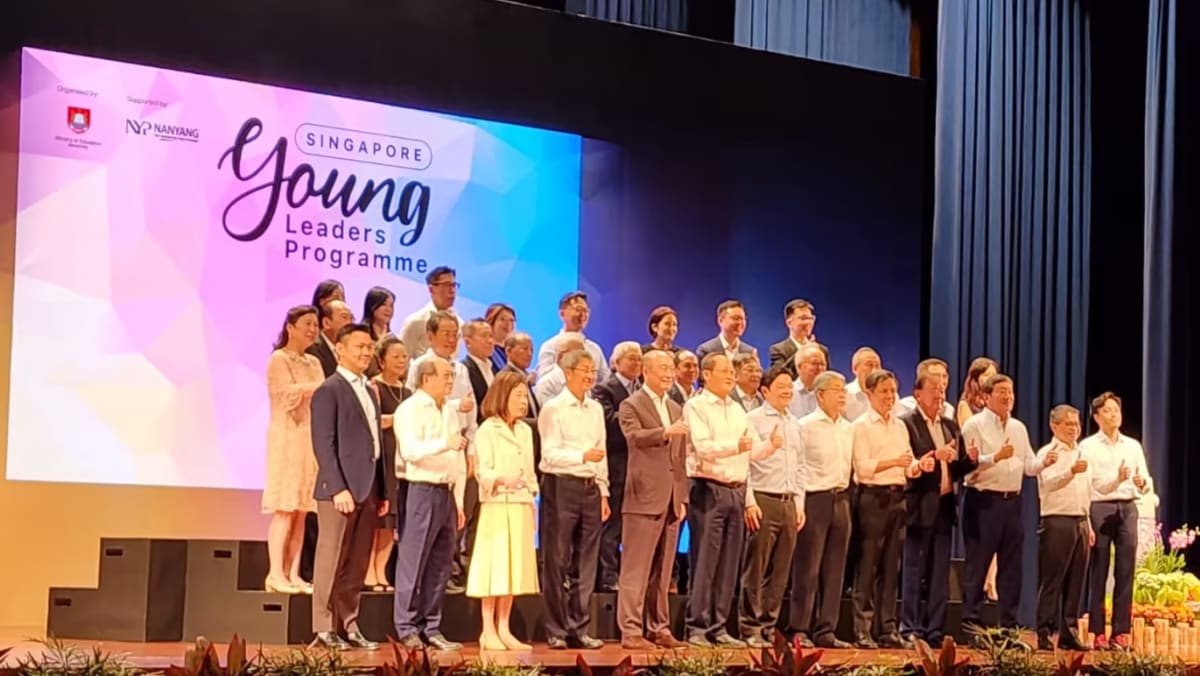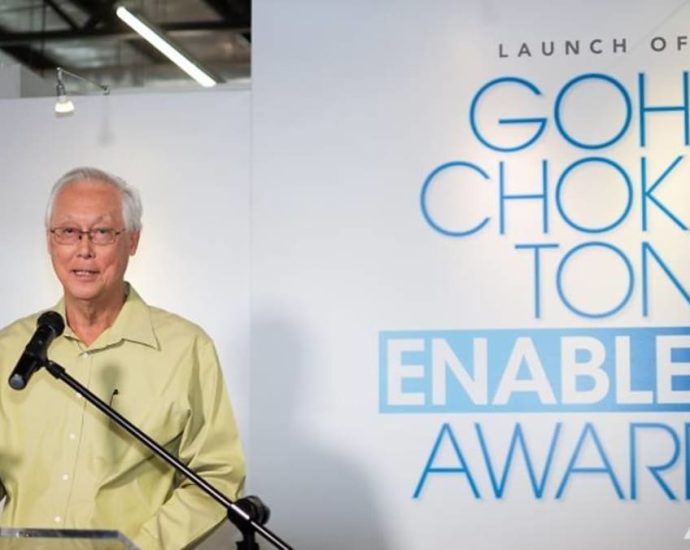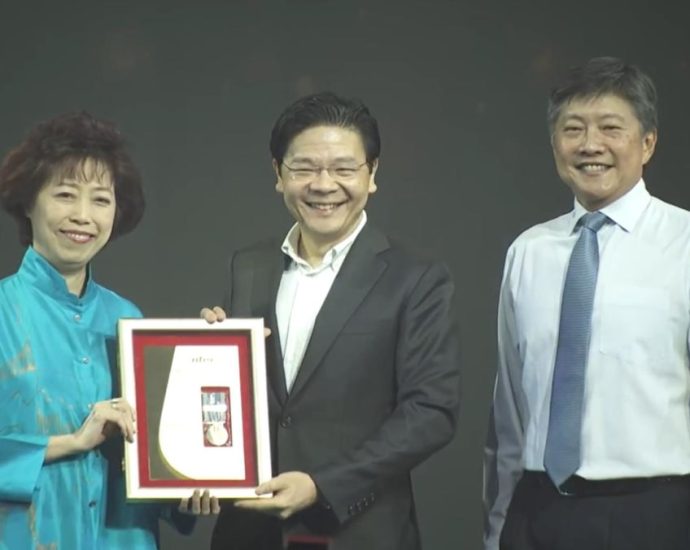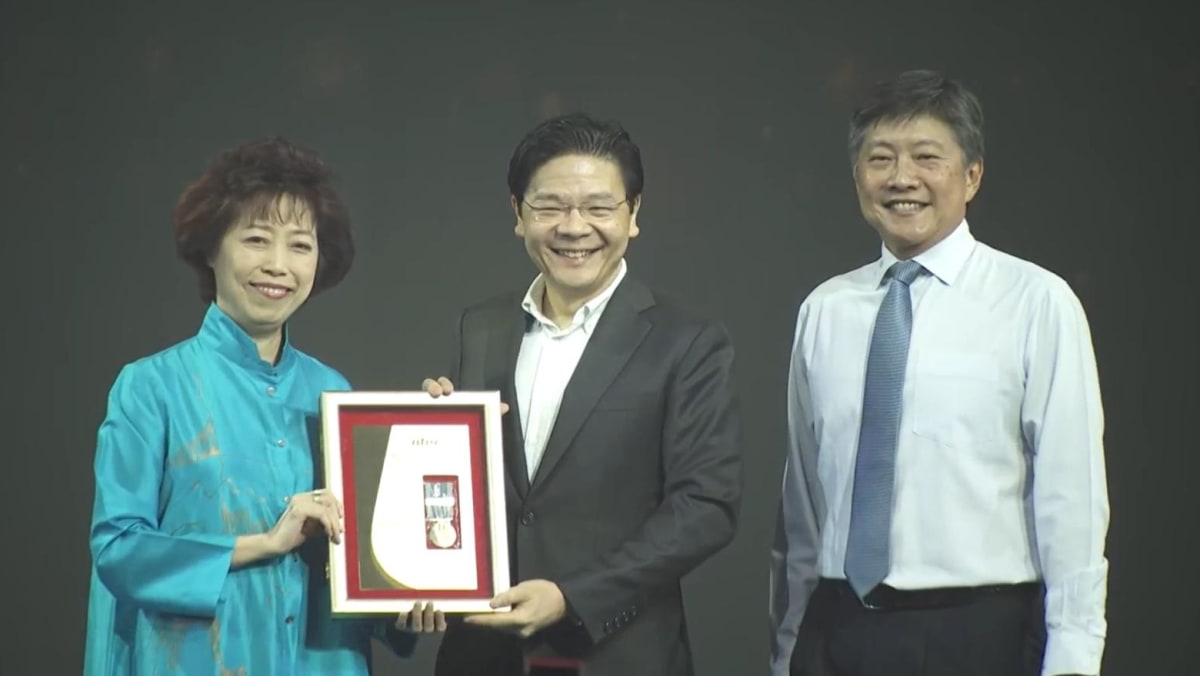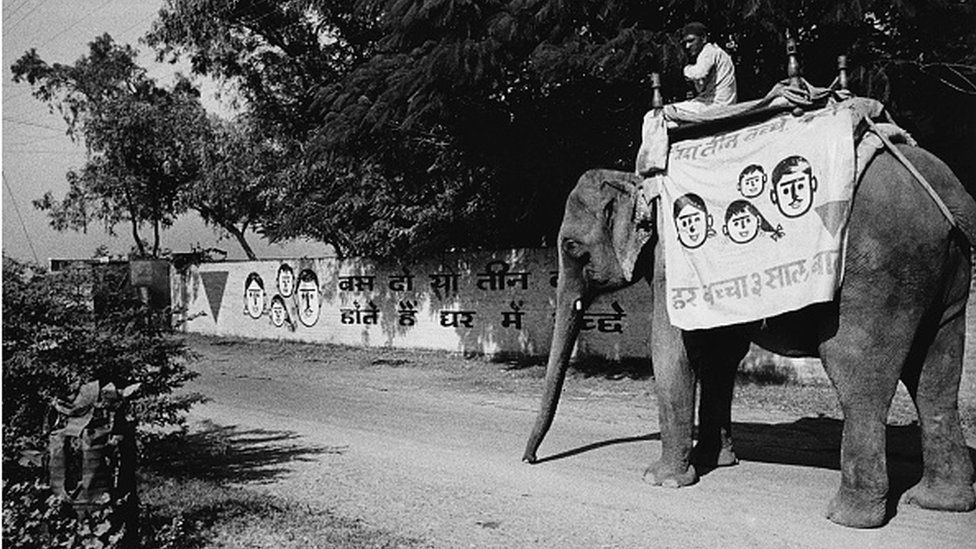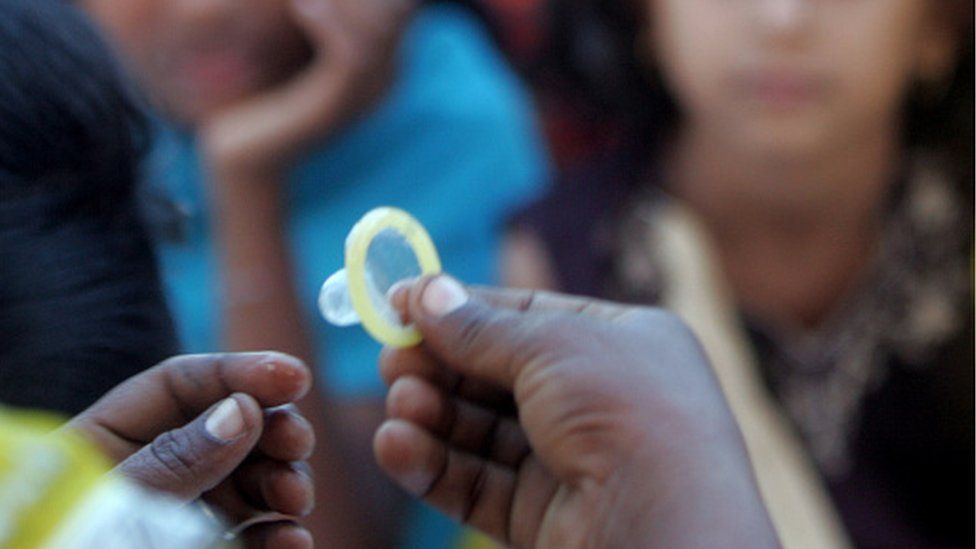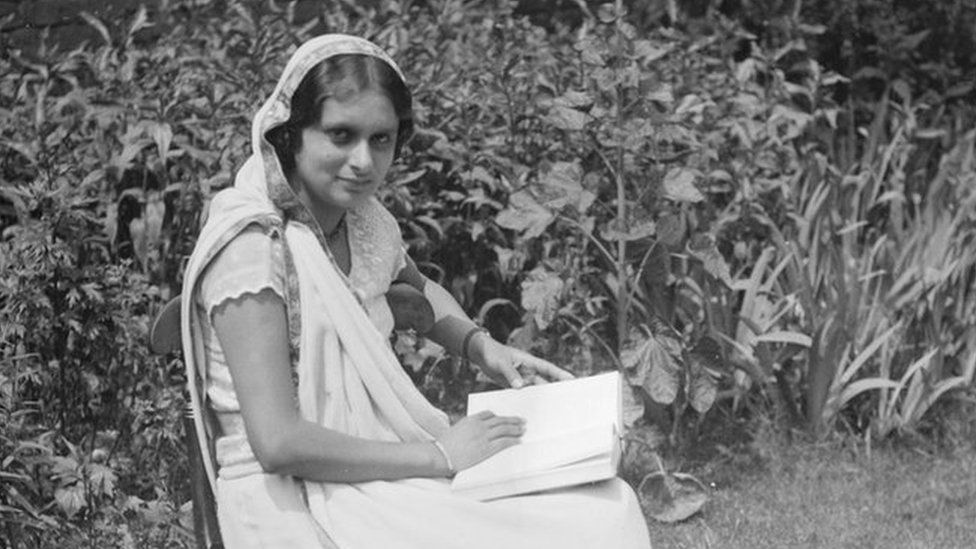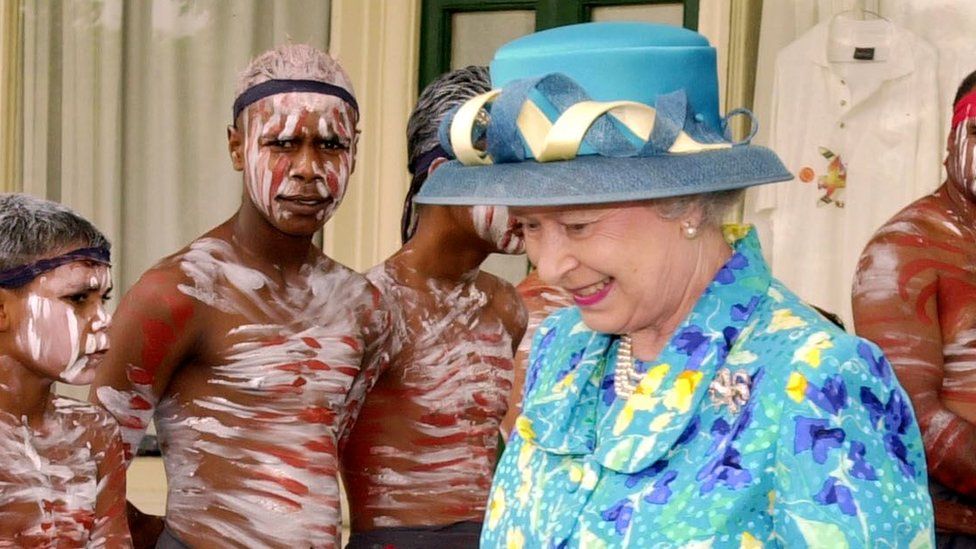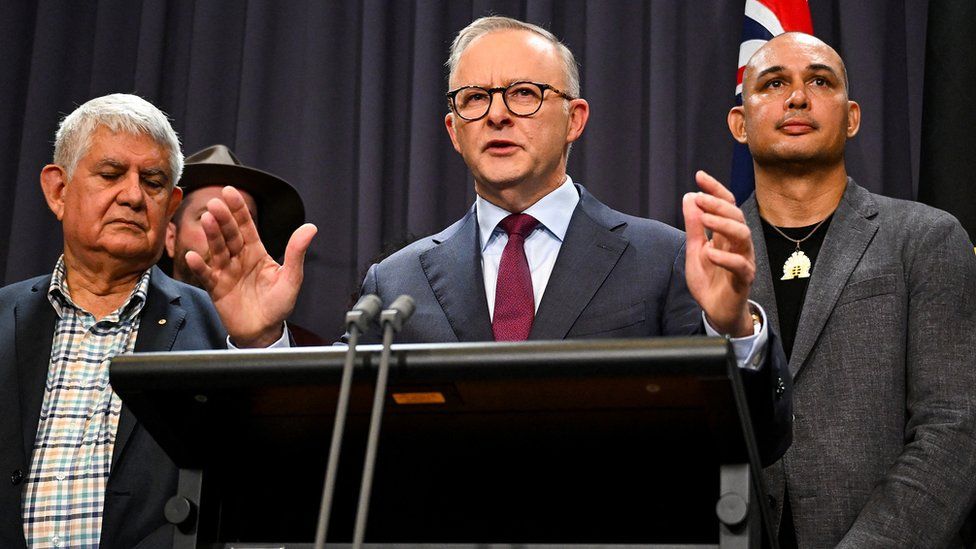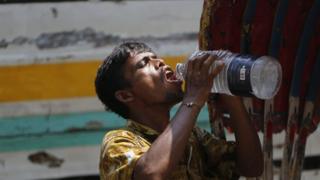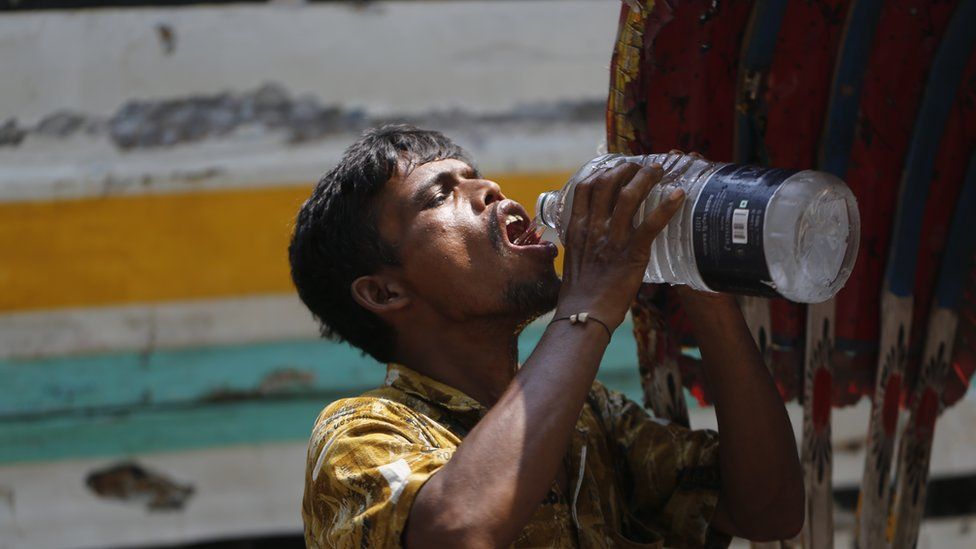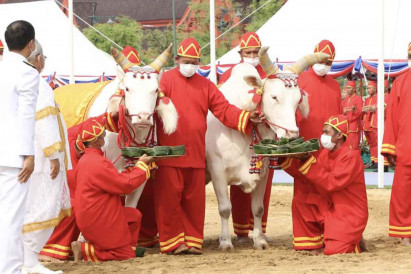Young clay modeller taken under national artist’s wing

SURAT THANI: A 10-year-old who builds pictures with modelling clay and sells them to help pay for his mother’s cancer treatment has caught the eye of a national artist, who has accepted him as his student.
He has also been recognised by provincial authorities.
Surat Thani governor Wichawut Jinto on Wednesday gave Methasit Boonphoei, a fifth grader at Manitanukroh School in Muang district, a certificate honouring his dedication to helping his parents.
The governor said Methasit had mastered clay modelling, winning awards and raising funds for his family, helping pay for this mother’s treatment for breast cancer, through sales of his artworks.
The youngster, also known as Khao Pan, lives in Kanchanadit district with his 42-year-old father, a latex tapper, and 44-year-old mother. He is an only child.
His mother, Kannika Phutsri, said her son had first shown an interest in Buddhist sculptures when he was only two years old.
During their visits to temples the boy had paid special attention to the Naga sculptures, and began building models of them at home from toy clay, she said.
On May 2 this year they had visited the White Temple in Chiang Rai province. Methasit had showed his latest Naga image to national artist Chalermchai Kositpipat, who built the temple, and sought his opinion, Ms Kannika said.
Chalermchai had been impressed, and he had invited the boy to be his student, Ms Kannika said.
The Surat Thani governor said Methasit had worked alone in developing his skill and helping his famliy, bringing high repute to himself, his family, his school and his province.
“Above all he has a good heart and shows gratitude towards his parents, and is a good model for other children and youth in general,” Mr Wichawut said.
The governor also gave a gift of cash to the boy, as moral support, and wished him success in the arts and continued good deeds in the future.
His mother earlier underwent surgery and is still receiving chemotherapy.


